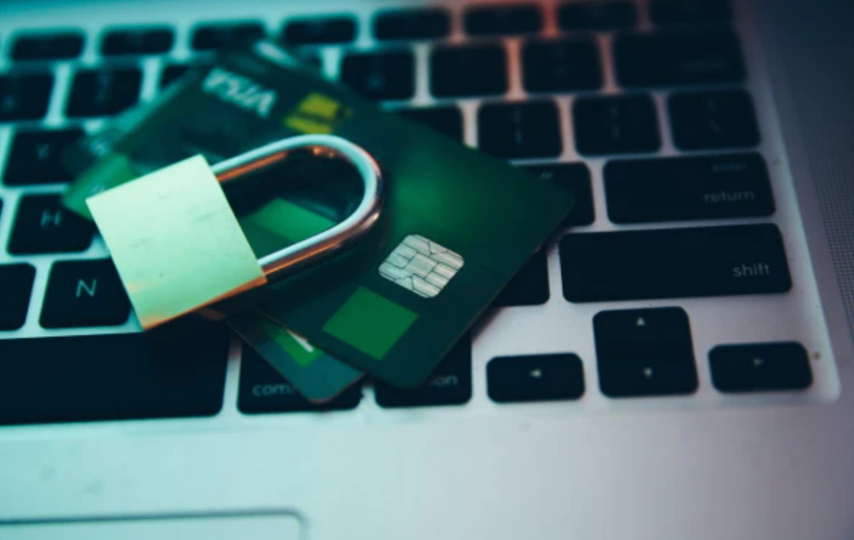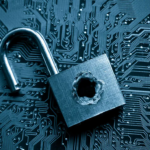In the modern era, crime online has become an unavoidable and challenging problem.
Online crime, according to the FBI, costs individuals an average of $8 trillion per year.
This staggering figure shows how important it is to protect online money. The following are six methods for safeguarding your cash and monetary data.
#1. Use secure websites
This is the first step, and an essential one. These are the most common signs you need to check if you want to buy from a secure website:
- The URL has to start with “HTTPS”. This is important because it means that the website has been encrypted and thus, it is safe to navigate.
- If there’s the icon of a lock in the URL bar, this means the website has been certified and is secure.
If you haven’t seen these two elements, the website is probably a scam and you should avoid purchasing from them.
#2. Use strong passwords to protect yourself from cybercriminals.
A strong password is the primary protection, one of the most important things you have to take into consideration when it comes to cybersecurity.
Your password can’t be your birthday, or any easy to guess word or series of numbers. Most importantly, you should avoid common words (“password”, “mypassword”) and sequential series such as 123.
In the early days of the internet it was easy to get away with simple passwords, but now the situation is different. Ideally, your password should have:
- Upper and lowercase letters, mixed if possible.
- Symbols, such as an exclamation or question mark
- Numbers that aren’t in order
You should also consider a password manager so that you can get different passwords for every account without having to memorize them all.
#3. Be cautious with phishing attacks
Phishing attacks are a common procedure used by cybercriminals to steal your financial information. In these con schemes, phony emails and text messages claiming to be from banks or credit card companies are frequently used.
They might demand individual data, for example, login information or government-issued numbers, and much of the time, impart a need to move quickly to make you panic.
Avoid downloading attachments from sources you don’t trust. If there’s an email promising you money or free stuff, avoid clicking the links unless you know and trust the sender. Otherwise you could fall for a phishing scam.
#4. Use two-factor authentication
Two-factor authentication is an extra safety tool that requests that you give two types of login proof before accessing your records. This can include a word and a code delivered off an app, for example.
A higher level of protection against fraudsters who may have obtained login credentials through phishing or hacking is provided by 2fa.
Two-factor authentication is strongly recommended to be utilized whenever circumstances permit, and it is currently offered as an option by numerous financial foundations and websites.
#5. Monitor your money
It is absolutely necessary to regularly monitor your financial accounts for any unusual activity. This includes checking your credit report for unusual activity and checking your bank and charge card statements for unapproved transactions.
The moment you suspect something is wrong, alert the financial institution and the authorities, if that’s possible.
You can also build the habit of checking your bank account frequently so that you can quickly detect any suspicious activity and deal with it before it’s too late.
Security breaches are no joke and being prepared always pays off.
#6. Keep your browsing secure
Having a VPN, or Virtual Private Network, is one of the smartest decisions you can take. A VPN will protect your online activities from unwanted spies and hackers.
You can use a VPN software download so that both your internet and your device are encrypted. This will make it almost impossible for hackers to access your date and interfer wth your safety online.
As with everything, this also comes with a big you need to avoid making: get a VPN service from a good, trustworthy provider.
You don’t want the company selling your data to third parties. There are lots of choices, so do your research before picking one.
Conclusion
For online money security – diligence and awareness are required.
You can significantly lessen your chance of succumbing to online extortion by utilizing secure sites, having secure passwords, utilizing two-factor confirmation, being watchful against phishing tricks, and routinely checking your records.
Even though wrongdoing online may be a serious problem that is growing, taking these simple precautions can help protect your financial information and safeguard your well-deserved cash.





